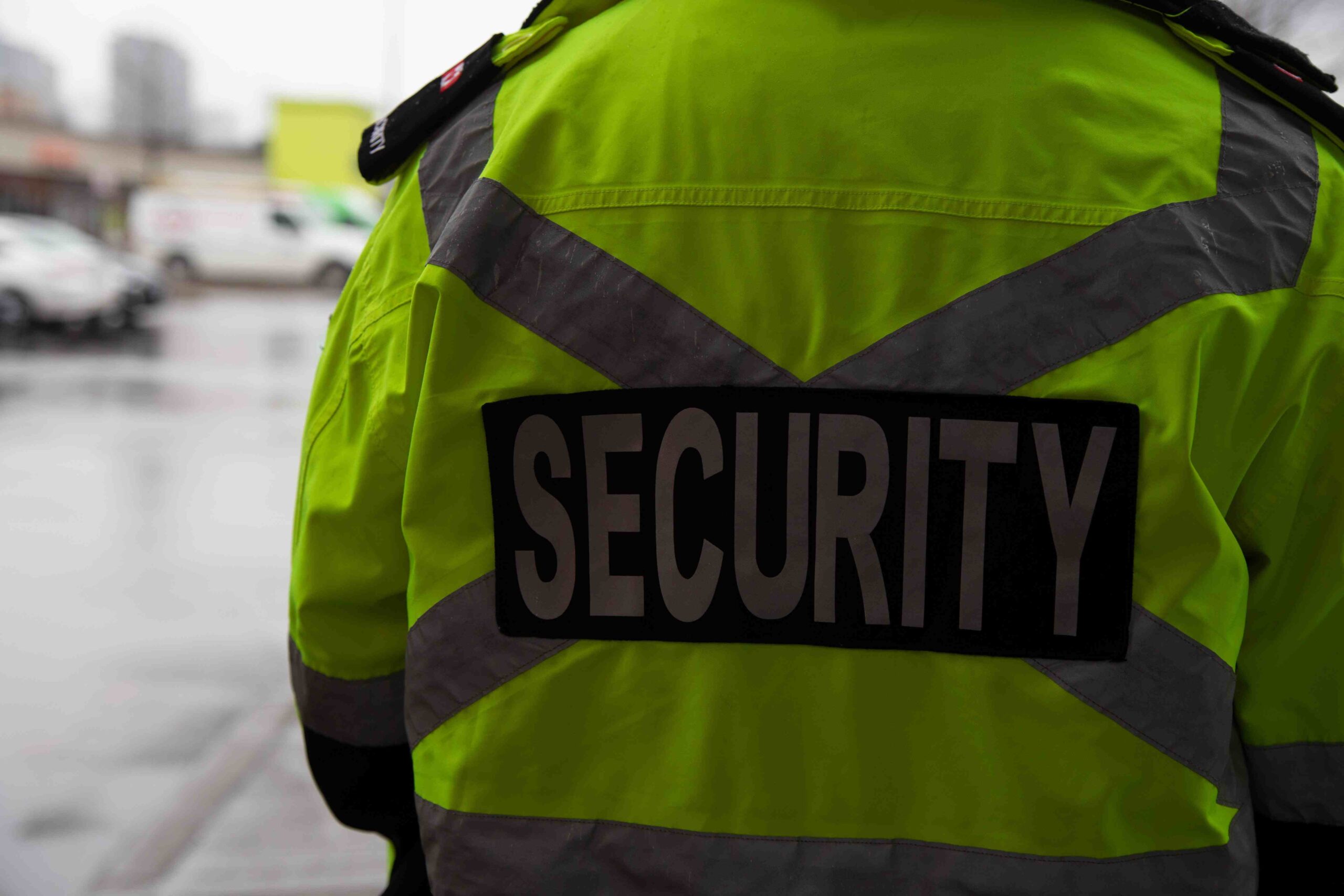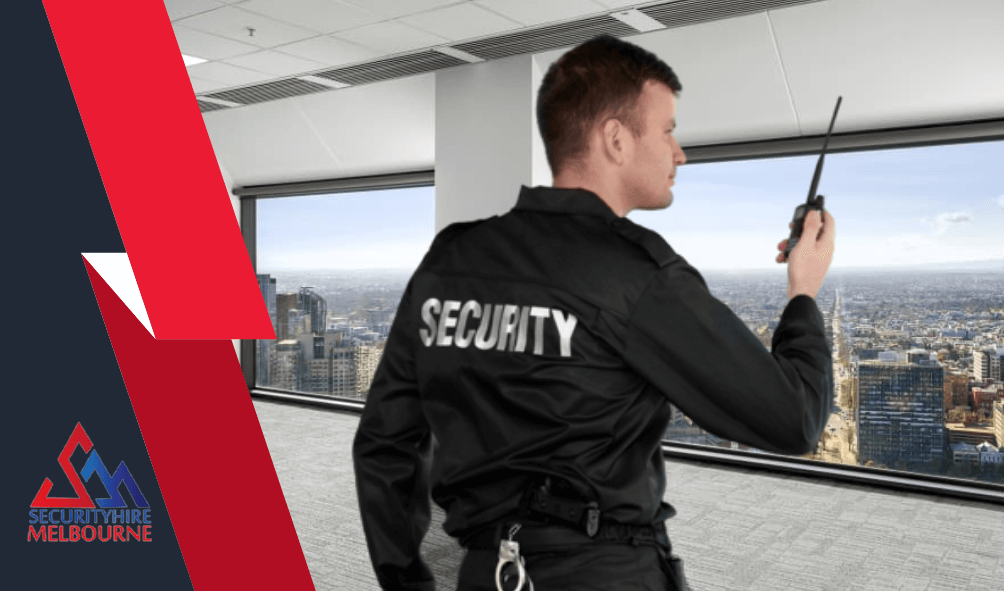Security guard services play a crucial role in maintaining safety and order in various settings, from commercial spaces to residential areas. While their primary responsibility is to protect people and property, it is essential to address the ethical considerations that come with this responsibility. This article delves into the ethical aspects of security guard services, examining issues related to privacy, use of force, and maintaining professionalism.
1. Balancing Security and Privacy
One of the primary ethical considerations for security guards is striking a balance between ensuring security and respecting individuals’ privacy rights. The pervasive use of surveillance technologies, including cameras and sensors, raises concerns about unwarranted intrusion into people’s personal lives. Security guards must be mindful of privacy laws and guidelines, ensuring that their surveillance activities are proportionate to the perceived threat and compliant with legal standards.
2. Use of Force and De-escalation
Ethical dilemmas often arise when security guards are faced with situations that may require the use of force. It is imperative for security professionals to undergo comprehensive training in conflict resolution and de-escalation techniques to minimize the need for force. Ethical considerations dictate that force should only be used as a last resort and should be proportionate to the threat faced. Security guards must be acutely aware of the potential consequences of their actions on individuals and the community.
3. Professionalism and Conduct
Maintaining a high level of professionalism is a cornerstone of ethical security guard services. Security personnel are often the first point of contact for individuals entering a facility or event, and their demeanor sets the tone for the overall security environment. Ethical behavior includes treating everyone with respect, irrespective of their background, and adhering to a code of conduct that upholds the principles of fairness and integrity.
4. Confidentiality and Information Security
Security guards often have access to sensitive information about the premises they protect, as well as the people within those spaces. Ethical considerations dictate that security personnel must handle such information with the utmost confidentiality. Breaches in information security can lead to severe consequences, both for individuals and the organizations employing security services. Implementing robust protocols for information handling and ensuring that security personnel are well-trained in data protection principles is crucial.
5. Avoiding Discrimination and Bias
Security guards must be vigilant against any form of discrimination or bias in their actions. Ethical considerations demand that individuals be treated fairly and without prejudice. Security personnel should undergo training that addresses unconscious biases and promotes unbiased decision-making in all situations. Discriminatory practices not only erode trust within the community but can also lead to legal repercussions.
6. Whistleblowing and Reporting Misconduct
Ethical security guard services promote a culture of accountability and transparency. Security personnel must feel empowered to report any misconduct or unethical behavior they witness within their ranks. Whistleblower protection is crucial to ensure that those who come forward are shielded from retaliation. This transparency contributes to maintaining public trust in the security profession.
7. Community Engagement and Collaboration
Ethical security guard services extend beyond the immediate responsibilities of guarding property and individuals. Security guards should actively engage with the community, building positive relationships and fostering a sense of security. This involves participating in community events, addressing concerns, and collaborating with local law enforcement to create a safer environment.
8. Continued Education and Professional Development
To address the ever-evolving ethical challenges in security guard services, ongoing education and professional development are essential. Security guards should be provided with regular training sessions that cover emerging ethical considerations, changes in laws and regulations, and advancements in security technology. This ensures that security professionals remain well-informed and capable of making ethical decisions in a dynamic environment.
Ethical considerations are at the core of effective and responsible security services Melbourne. Striking a balance between security and privacy, using force judiciously, maintaining professionalism, safeguarding confidential information, avoiding discrimination, and engaging with the community are all essential aspects of ethical conduct in the security profession. By addressing these ethical considerations, security guards contribute not only to the safety of the places they protect but also to the overall well-being and trust of the communities they serve.



